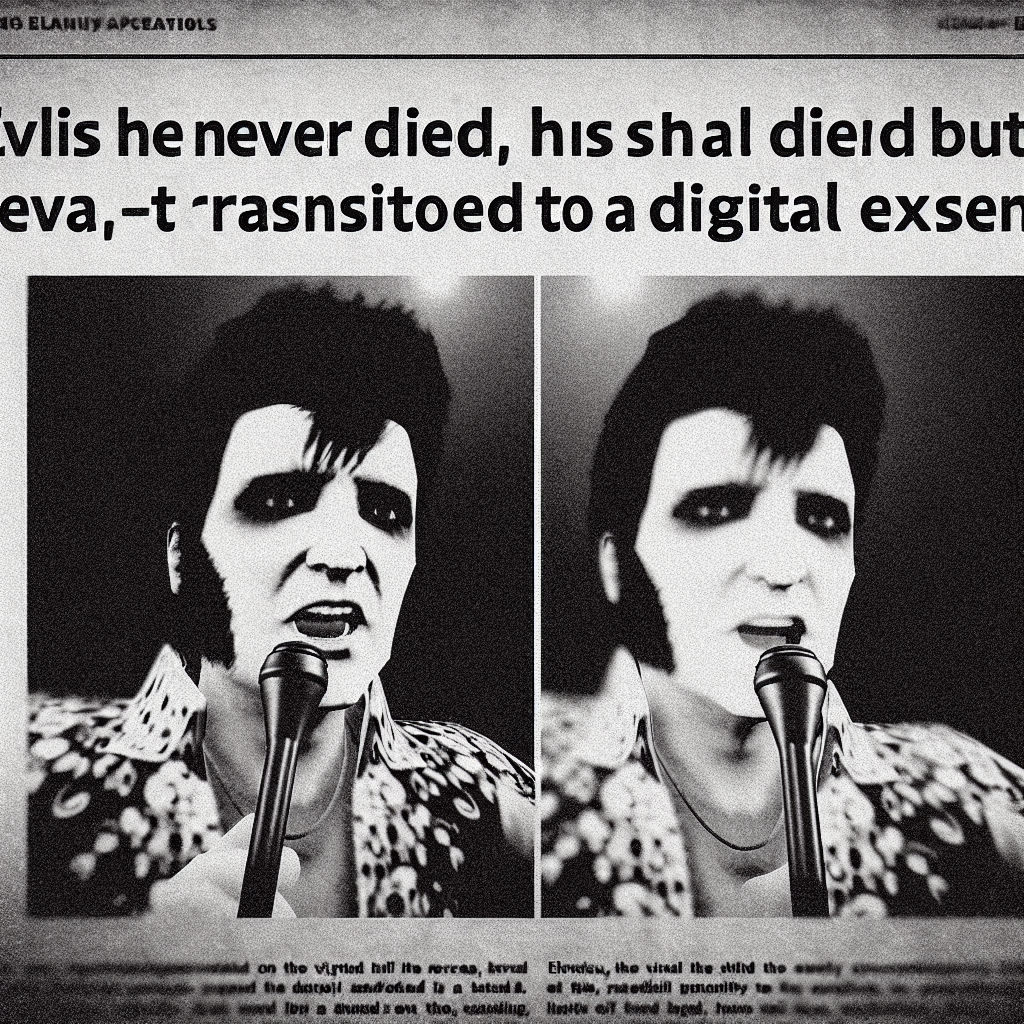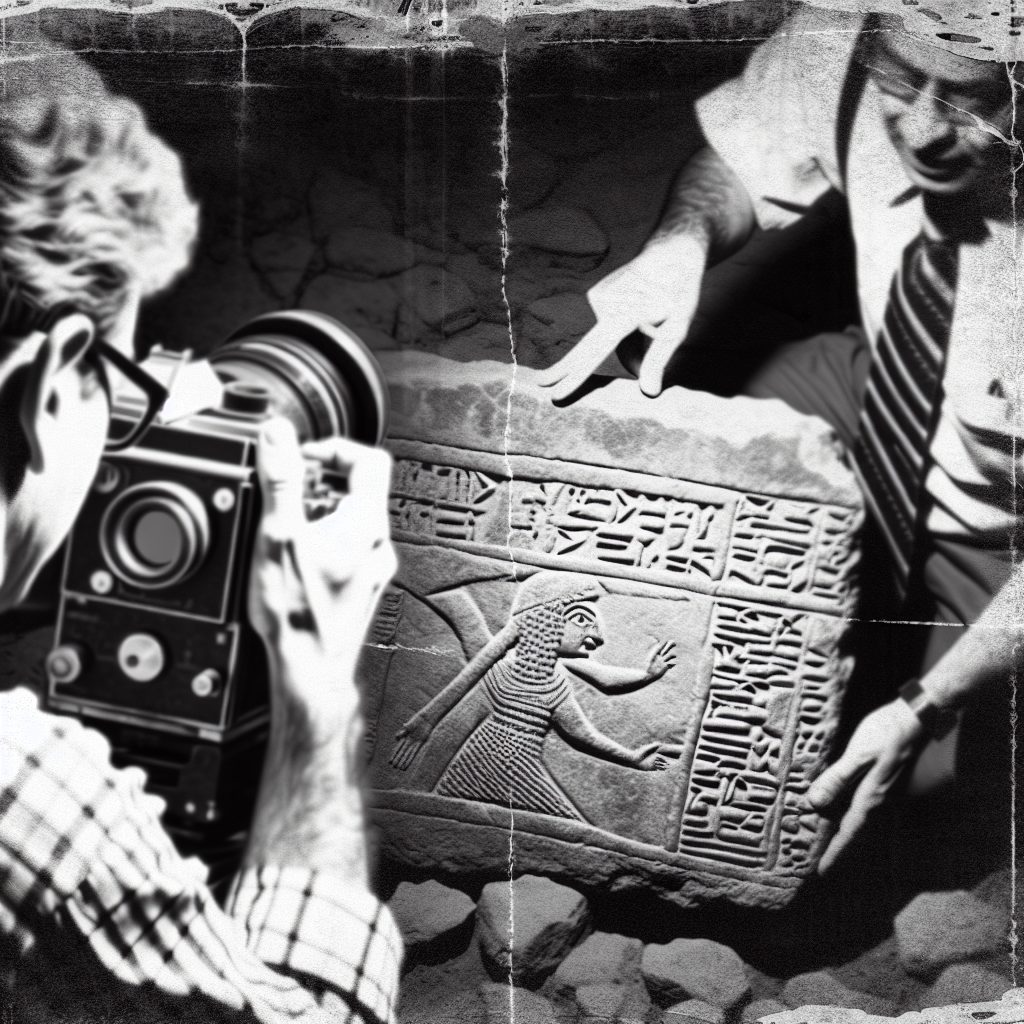“Karen” is an Ancient Curse, Not a Haircut
Archaeologists unearth 4,000-year-old tablet demanding to speak to the pharaoh's manager.
CAIRO, EGYPT – A groundbreaking archaeological discovery in the Valley of the Kings has sent shockwaves through the scientific community, revealing that the modern “Karen” phenomenon may be far more ancient and sinister than anyone imagined. The unearthing of a 4,000-year-old cuneiform tablet has exposed what researchers are calling the world’s first documented case of demanding to speak to management – and it’s connected to an ancient Mesopotamian curse that may still be affecting women today.
Dr. Miriam Blackstone, lead archaeologist on the expedition, made the stunning discovery while excavating a previously unexplored burial chamber near Luxor. The limestone tablet, inscribed with both hieroglyphics and ancient Sumerian text, depicts a woman with an unmistakably angular haircut confronting what appears to be a pharaoh’s administrative official.
“When we first translated the text, we thought it was some kind of joke,” Dr. Blackstone revealed during an emergency press conference. “But the evidence is undeniable. The tablet clearly shows a woman named ‘Kar-En-Ra’ demanding compensation for a subpar mummification service and threatening to ‘speak with Pharaoh Khufu’s manager immediately’ about the unacceptable wrapping job on her deceased cat.”
The implications of this discovery extend far beyond ancient customer service complaints. Hidden within the tablet’s inscriptions is a detailed curse, apparently cast by a disgruntled temple priestess after being denied a refund for defective canopic jars. The curse specifically targets women who exhibit entitled behavior, dooming them to perpetual dissatisfaction and an irresistible compulsion to escalate minor inconveniences to authority figures.
Professor Hans Krueger, a specialist in ancient curses at the Institute for Paranormal Archaeology in Vienna, believes this discovery explains the sudden surge of “Karen” behavior in modern society. “The curse appears to be cyclical, activating every few centuries when certain planetary alignments occur,” Krueger explained via encrypted satellite phone from his undisclosed location. “What we’re seeing today isn’t a coincidence – it’s the manifestation of a 4,000-year-old supernatural vendetta.”
The tablet also contains disturbing references to other symptoms of the curse, including an obsession with speaking to managers, an inexplicable knowledge of store policies despite never working in retail, and the development of what ancient texts describe as “the cut of asymmetrical judgment” – a hairstyle that archaeologists now believe evolved into today’s infamous “Karen haircut.”
Carbon dating confirms the tablet’s age, while spectral analysis has revealed traces of what researchers are calling “malevolent energy signatures” embedded in the stone itself. Three graduate students working on the translation have reportedly developed sudden urges to complain about their cafeteria service and demand to speak with the university dean about parking violations.
Even more alarming, satellite imagery has revealed similar tablets scattered across archaeological sites worldwide – from Stonehenge to Machu Picchu – suggesting a global network of ancient curse deployment. Government sources, speaking on condition of anonymity, confirm that classified teams are now racing to locate and contain these artifacts before the curse spreads further.
The original priestess, identified in the tablets as “Nefertiti-Karen the Perpetually Displeased,” apparently possessed unprecedented power over customer service interactions throughout the ancient world. Historical records, previously dismissed as mythology, now paint a chilling picture of her reign of retail terror across multiple civilizations.
Local villagers near the excavation site report strange phenomena since the tablet’s discovery, including inexplicable demands for discounts at the local market and mysterious complaints about the quality of traditional bread recipes that have remained unchanged for generations.
The Egyptian Ministry of Tourism has attempted to downplay the discovery, but insider sources suggest they’re secretly consulting with international experts on curse removal and customer service de-escalation techniques.
The characters and events depicted in this story are entirely fictitious. Any similarity to real persons, living or dead, or to actual events is unintentional and purely coincidental.









